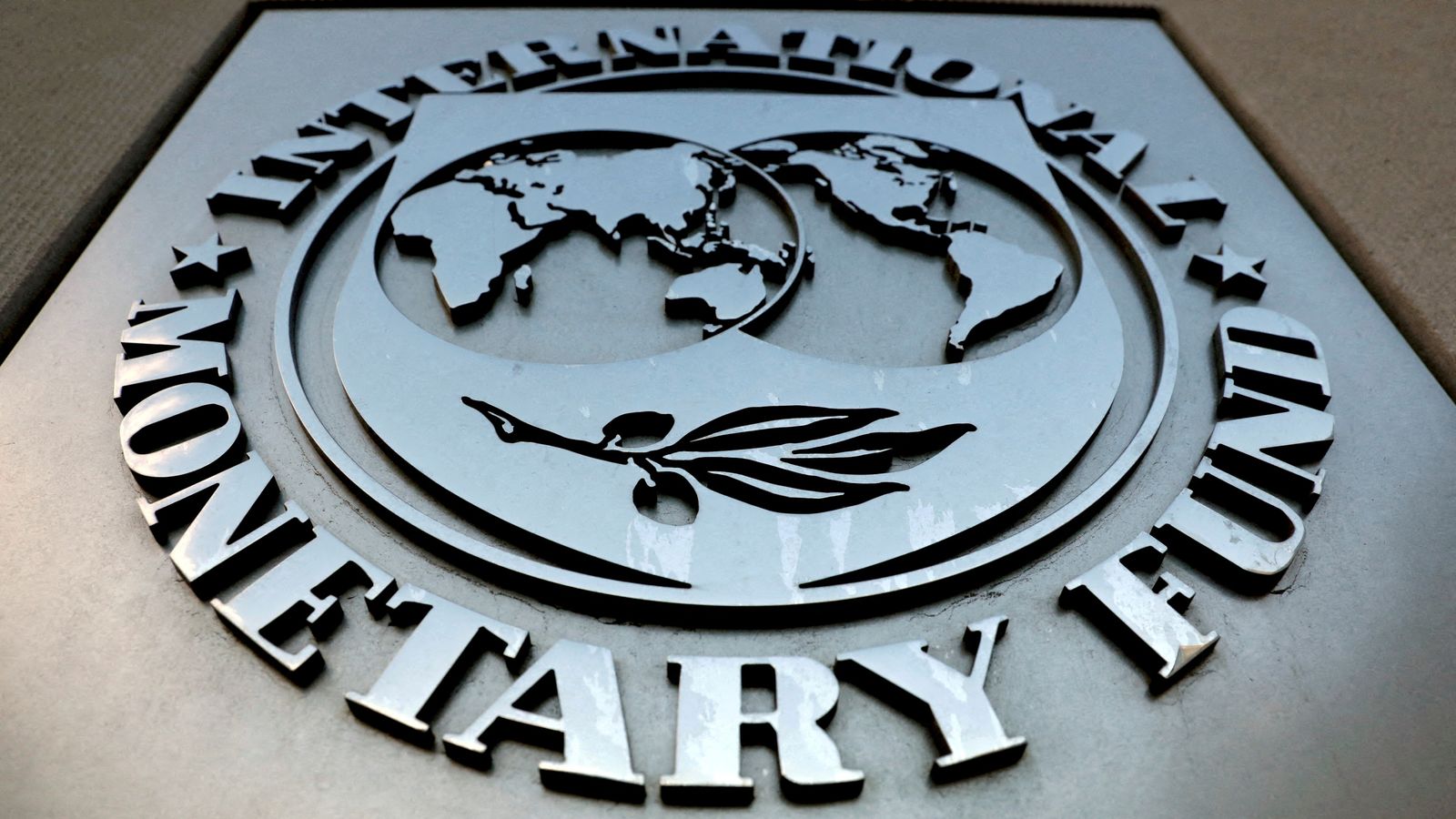Two former executives of Humane, the embattled AI hardware startup, are reemerging with a new artificial intelligence software venture that has raised $4 million at a $25 million valuation.
Brooke Hartley Moy and Ken Kocienda, Humane’s former strategic partnerships lead and head of product engineering, respectively, are debuting Infactory, an AI fact-checking search engine. The pair departed Humane in May, weeks after its AI Pin’s lukewarm debut.
Infactory’s tool aims to search any company’s own enterprise database, as well as the open web, in a transparent and explainable way, Kocienda told CNBC. He and Hartley Moy are marketing the startup toward enterprise customers in industries like finance, insurance, SaaS, healthcare services and media.
“It really came down to the opportunity that we saw in the enterprise side of the house,” Hartley Moy, Infactory’s CEO, told CNBC. “Building this kind of product was never going to be a fit at a consumer hardware company.”
When Humane sent the AI Pin to gadget reviewers in April, it was met with a tepid reception, with many calling it untrustworthy and not very useful. But the two’s departure had to do with the business opportunities they saw when working at Humane, Hartley Moy said.
“The reality was this had been brewing for some time, unrelated to the reviews and how that unfolded,” she said.
Humane is now seeking a buyer, and in June, it was in talks with HP and other firms, including more than one telecom company, a source familiar with the matter told CNBC at the time. Last year, Humane raised $100 million in funding from Microsoft, LG’s venture arm and Tiger Global before announcing its device, bringing its funding total to more than $200 million. Backers include OpenAI CEO Sam Altman and Salesforce CEO Marc Benioff.
Hartley Moy worked at Salesforce, Slack and Google before leaving for Humane. There, she focused on software partnerships with cloud providers. Kocienda, Infactory’s CTO, worked at Apple for more than 15 years and was the principal engineer who invented keyboard autocorrect for the original iPhone.
The company’s seed round was led by Bee Partners with participation from Andreessen Horowitz and others. Although the majority of funding came from an institutional investor, Hartley Moy confirmed that Infactory also utilized a small special-purpose vehicle, or SPV, which is a funding type commonly used by AI companies, like Anthropic and Cohere.
A ‘facts-focused’ AI chatbot
Infactory is currently in alpha status, and the team is currently working with design partners and others to incorporate feedback before broadly launching the product later this year, Hartley Moy said.
“There are many, many businesses that are not part of AI-native companies… who want to be participating in this ecosystem,” she said. “Their business requirements are very regimented around accuracy, around trustworthiness, about high-quality answers. The standards for building those applications are just so much higher.”
How Infactory is addressing that with a special method of preparing data in a way that AI models can better and more accurately analyze it, Hartley Moy said.
If, for instance, a doctor has a patient in their office who is on three different medications, and the doctor wants to double-check potential drug interactions before prescribing a fourth medication, they could ask Infactory and it could provide an answer from internal data, citing its sources, Kocienda said.
“That answer has to be right, and that information exists in the data that this company has built up,” he said.
In the age of database, web and mobile applications, the data currently out there is not well-primed for natural language models, Kocienda said. Infactory is focused on using AI to study an enterprise’s data, understand what’s in it semantically and gauge which kinds of questions can be answered based on what’s in the data and refuse to answer when it can’t, rather than make something up, he said. That’s something many AI chatbots struggle with.
For instance, if a customer asked how many three-point shots Shohei Ohtani has made this season, Infactory’s tool may respond that since Ohtani is a baseball player, the question doesn’t make sense.
Google, Microsoft, OpenAI and other companies are at the helm of a generative AI arms race as companies in seemingly every industry rush to add AI-powered chatbots and agents powered by large language models. The market is predicted to top $1 trillion in revenue within a decade.
Many leading chatbots have come under fire for making up inaccurate answers in response to user queries. Almost immediately after Google debuted “AI Overview” in Google Search, for example, public criticism mounted after queries returned nonsensical or inaccurate results within the AI feature, without any way to opt out.
With Infactory, “at no moment is there a black box where a question goes into an LLM and an answer comes out and you don’t know where it came from,” Kocienda said.
WATCH: Former Apple designers launch $700 Humane AI Pin as smartphone replacement












